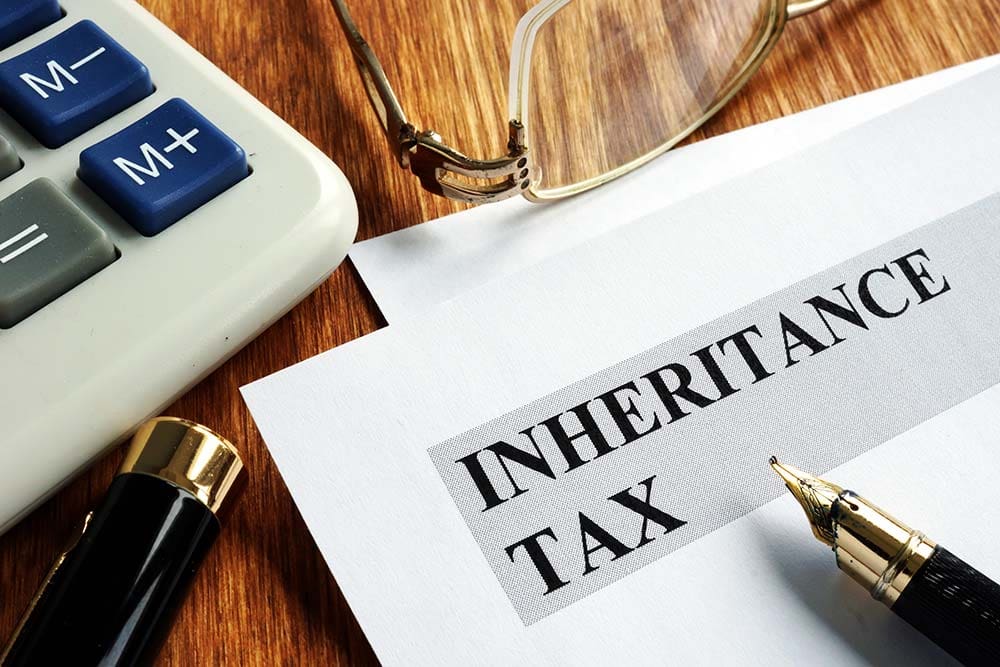
Inheritance Tax (IHT) is a tax on the estate of a person who has died, including all property, possessions and money. From April 2027 it will also apply to unused pension savings.
According to the Institute for Fiscal Studies (IFS) the proportion of estates subject to IHT is expected to almost double by 2032. Indeed, whilst property prices and the value of other assets continue to rise, the Nil Rate Band (NRB) allowance has remained unchanged at £325,000 since 2009 and will do so until at least 2030.
There are other tax-free allowances which may be available, allowing you to pass on more of your estate to loved ones upon your death. For example, the Residence Nil Rate Band allowance which applies to individuals passing on their main residence to direct descendants, such as children or grandchildren, on death.
When I die, will IHT have to be paid on my estate?
Estates valued under the NRB threshold will not incur IHT, whilst those above it will be subject to IHT, charged at a rate of 40% on the portion of the estate in excess of the threshold, where no exemption applies.
Any lifetime gifts made by a person within seven years of their death which exceed the small gifts allowance, annual allowance or which do not qualify for the gifts out of surplus income exemption will be brought into account and be included in Inheritance Tax calculations.
An estate left to a spouse/ civil partner or charity will not have to pay IHT.
Can I gift assets in my lifetime?
There is no limit to the value that you can choose to gift but to be an effective gift for IHT purposes you must not retain any benefit. The value of the gift remains in your estate for seven years, using some or all of the NRB after which time it drops away and would not need to be considered part of the estate for the purposes of calculating IHT.
As an alternative to gifting a sizeable sum in a single transfer, it is worth considering the lifetime exemptions which, if used regularly, could be an effective way to mitigate your IHT bill. These are:
The Annual Exemption – every tax year, £3,000 can be gifted by every individual and the exemption can be carried forward for any tax year it is not used.
The Small Gifts Exemption- £250 can be gifted to any one individual each tax year although not to the same recipients of the Annual Exemption.
Gifts in consideration of marriage or civil partnership, providing the gift is made before the marriage or partnership takes place. The amount that can be gifted tax free is determined by the relationship of the donor to the couple.
Regular gifting out of surplus income. This is a useful allowance where surplus income would otherwise become capital and over time increase the value of the estate.
If you think IHT is going to be due in your estate or you are considering making lifetime gifts and you are seeking advice you should contact our Head of Private Client Usman Khan on 01494 773377


